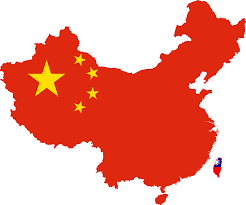China’s economic landscape as 2024 nears its close reflects a mix of cautious optimism and enduring hurdles. McKinsey’s latest insights highlight both resilience and uncertainty, with the year characterised by consumer spending shifts and Beijing’s stimulus measures aimed at stabilising post-pandemic recovery. These efforts have yielded some encouraging outcomes, though scepticism about their long-term impact remains.
Recent developments have brought notable highlights, such as the unexpectedly strong performance of the Double 11 Shopping Festival, a critical indicator of consumer confidence. This year’s event surpassed expectations, driving growth in sectors like cosmetics and home appliances. E-commerce continues to be a key driver, with electric vehicle sales emerging as a standout category, boasting a more than 50% increase year-on-year in October. Retail sales also grew by 5% in the same month, marking an improvement over previous months.
The real estate market, another vital economic pillar, showed modest recovery in October, with residential transactions in major cities experiencing their first year-on-year growth of 2024. Similarly, Chinese stock markets have climbed 20% since September following the introduction of targeted economic policies. However, doubts linger over the sustainability of these gains, as investor confidence remains fragile amidst ongoing market volatility.
Travel and leisure have also shown significant rebounds, with domestic travel surpassing pre-pandemic levels during the National Holiday period. While international travel recovery has been slower, rising outbound air passenger numbers point towards increasing consumer confidence. Yet, the recovery across various sectors remains uneven, with categories such as clothing and food services lagging behind others.
Fidelity China Special Situations PLC (LON:FCSS), the UK’s largest China Investment Trust, capitalises on Fidelity’s extensive, locally-based analyst team to find attractive opportunities in a market too big to ignore.

